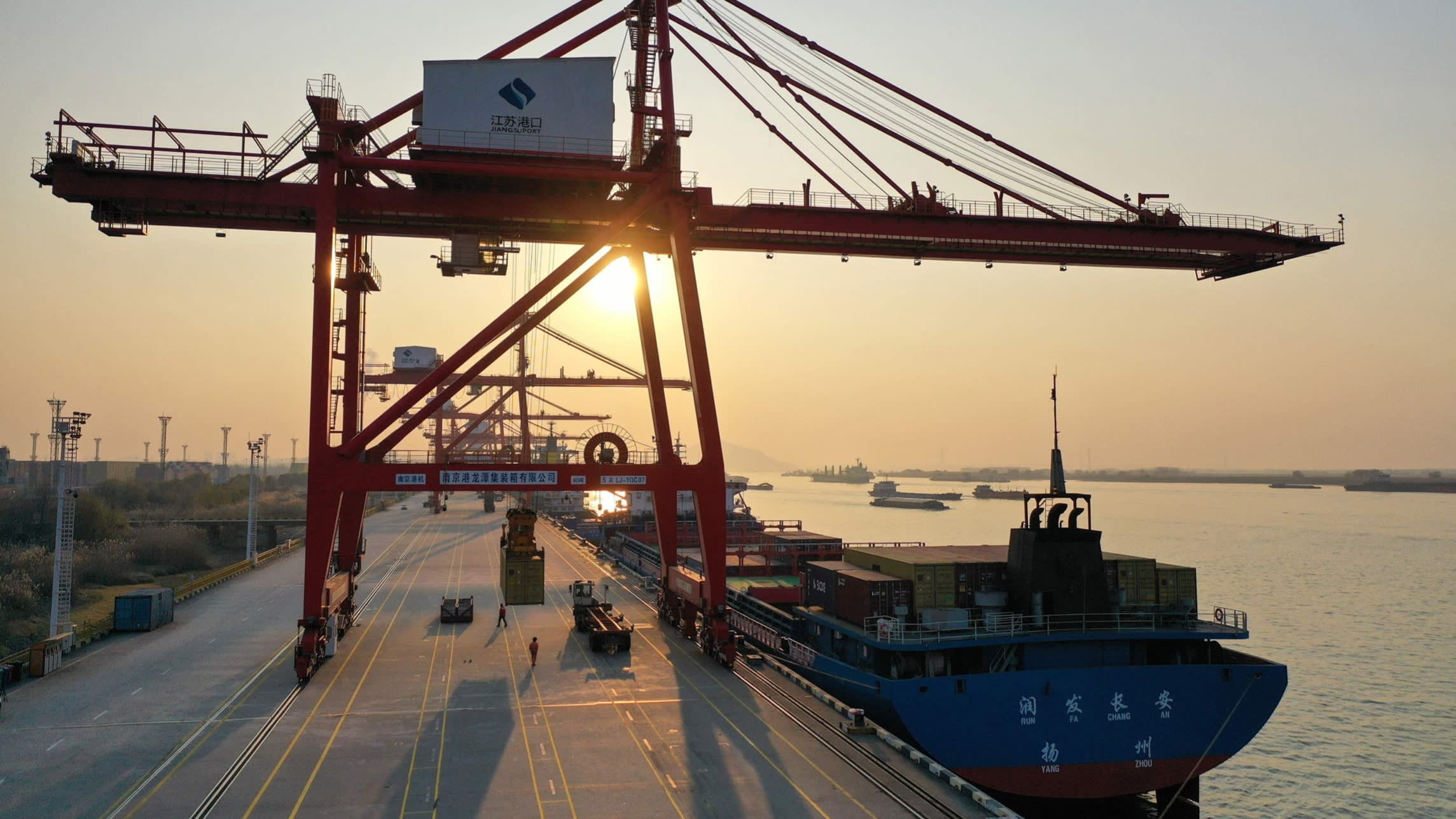John Plender’s recent articles on workplace pensions are well timed (“De-risking: the investment pitfalls for pension savers”, Opinion, October 19; and “The lucrative pension fund transfer trend needs urgent scrutiny”, Opinion, September 17).
Building a pensions system that is both fit for the future and sustainable is one of the most formidable social, demographic and economic challenges that we face.
Rather than focusing on particular asset classes and adjudicating the actuarial debates of 20 years ago, there are better questions to ask and conclusions to draw.
With defined benefit (DB) pensions, the ship has sailed. These schemes are now closed, and it is not possible demographically for the younger generations to subsidise the older ones in the way that they did decades ago.
UK companies have poured hundreds of billions of pounds into their DB schemes to prop them up and can no longer afford to offer them. The priority has to be to run them off in the safest, most secure way for their pensioners with minimal risk or, in the case of insurance, no risk, to sponsoring companies.
Re-risking them, as Plender suggests, risks repeating the mistakes of the past.
Looking forward, the better question to ask is how can we strengthen the defined contribution (DC) system, which is what most working people receive these days. Our goal has to be that this system provides the current generation of workers with healthy, adequate pensions in the future in the same way that DB arrangements did in the past.
The challenge here is straightforward. People need to save more, but the pensions industry and government also have important roles to play.
For most people, DC pensions are their savings with the longest time horizons. As a country, we have persistently underinvested in infrastructure and other strategically important investments for decades. The key to building a DC pensions system that is not only successful but also sustainable will be to encourage long-term pension savings into these kinds of long-term, productive investments.
John Towner
London N10, UK



































































































































































You must be logged in to post a comment Login